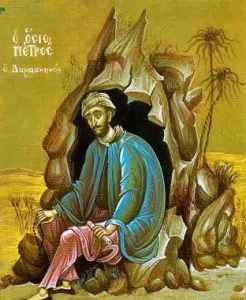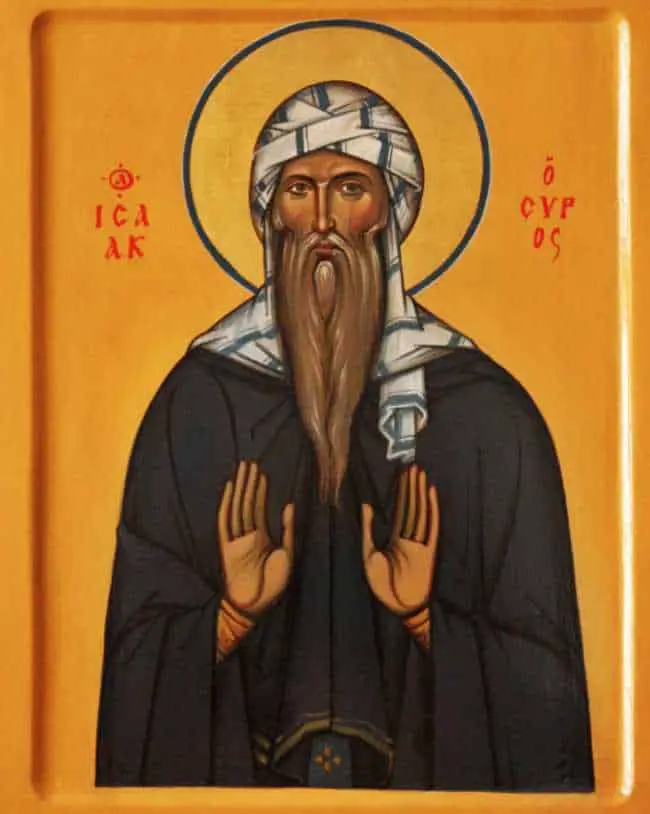St. Peter of Damascus: . . . if someone wants to be saved, no person and no time, place or occupation can prevent him. He must not, however . . .

Briefly, we may say that in the nature of things, if someone wants to be saved, no person and no time, place or occupation can prevent him. He must not, however, act contrary to the objective that he has in view, but must with discrimination refer every thought to the divine purpose. Things do not happen out of necessity: they depend upon the person through whom they happen. We do not sin against our will, but we first assent to an evil thought and so fall into captivity. Then the thought itself carries the captive forcibly and against his wishes into sin.
The same is true of sins that occur through ignorance: they arise from sins consciously committed. For unless a man is drunk with either wine or desire, he is not unaware of what he is doing; but such drunkenness obscures the intellect and so it falls, and dies as a result. Yet that death has not come about inexplicably: it has been unwittingly induced by the drunkenness to which we consciously assented. We will find many instances, especially in our thoughts, where we fall from what is within our control to what is outside it, and from what we are consciously aware of to what is unwitting. But because the first appears unimportant and attractive, we slip unintentionally and unawares into the second. Yet if from the start we had wanted to keep the commandments and to remain as we were when baptized, we would not have fallen into so many sins or have needed the trials and tribulations of repentance.
+ St. Peter of Damascus, Book I: A Treasury of Divine Knowledge, The Philokalia: The Complete Text (Vol. 3)

